When was the first Eid-ul-Fitr celebrated?
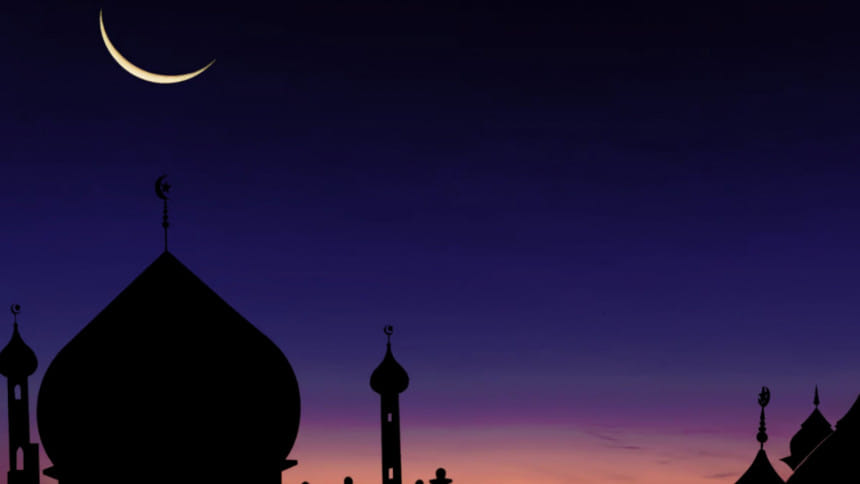
As Muslims around the world celebrate Eid-ul-Fitr, the first day of the month Shawwal in the 1445th year after hijrah (migration), the significance of Eid celebrations and religious festivities in general is being felt by Muslim devotees across the world. While Eid as a festival is familiar to almost everyone, there was a time when Islam was still a new religion blossoming from the Hejaz region of the Arabian peninsula.
Starting from the city of Mecca and then migrating to Medina to escape persecution, the early Muslims, led by the Prophet Muhammad (PBUH), had to face tremendous adversity to stay true to their faith. It was within this turmoil that the first celebrations of Eid took place.
According to an article published in the BBC News Bangla on April 10, 2024 titled "Eid al-Fitr: What is it and why is it celebrated?", the first celebration of Eid-ul-Fitr took place in 624 AD, on the second year of the Prophet's migration from Mecca to Medina. Notably, the famous Battle of Badr, where the Muslims defeated an army of the Quraysh tribe while being greatly outnumbered, took place during Ramadan of the same year, according to the Encyclopedia of Islam.
A hadith, narrated by Hazrat Anas Ibn Malik (RA), one of Prophet Muhammad's (PBUH) companions, describes the origins of Eid as it was revealed to Muslims in those early days.
The hadith says: "When the Messenger of Allah (PBUH) came to Medina, the people had two days on which they engaged in games. He asked: What are these two days (what is the significance)? They said: We used to engage on them in the pre-Islamic period. The Messenger of Allah (PBUH) said: Allah has substituted for them something better than them, the day of sacrifice and the day of the breaking of the fast." [Sunan Abi Dawud 1134]
The day of the sacrifice and the day of the breaking of the fast referred to here are the days that are celebrated today as Eid-ul-Azha and Eid-ul-Fitr. According to the BBC article mentioned above, the days that the people of Medina used to celebrate before were Nowruz, the Persian new year, and Mehergan, a celebration to honour the deity known as Mithra, that many ancient cultures worshipped.
Eid-ul-Fitr is possibly one of the newest celebrations when it comes to the current major religions in the world, according to an article published in The Daily Star in 2009 titled "Reflections on Eid". But for Muslims, who make up the second largest religious group in the world, it is their most important festival, and over a millennia and a half, it has come to signify the spread of happiness and joy through charity and moderation.

 For all latest news, follow The Daily Star's Google News channel.
For all latest news, follow The Daily Star's Google News channel. 

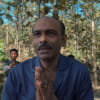
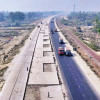
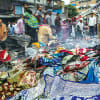
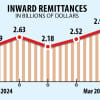



Comments